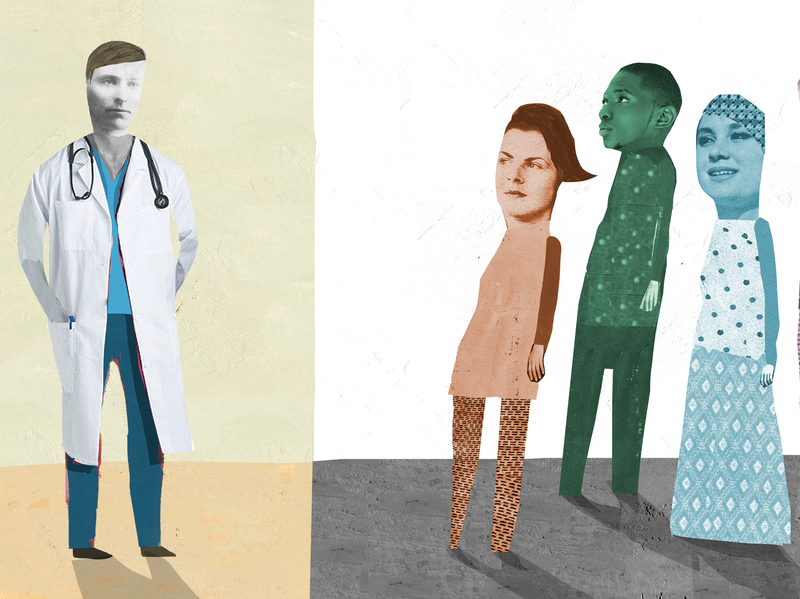Understanding the Importance of Culture in Global Business

The powerhouses of the global business economy are no longer solely Western countries.
Cultural Competency with Today’s K-12 Teachers

-Valuing Diversity “means respecting and accepting different cultural backgrounds, customs, ways of communicating, traditions, values.”
Having a Difficult Conversation with Someone from a Different Culture

The danger here is that someone from a task-oriented country may focus so much on the immediate problem that the person from the relationship-oriented country leaves feeling devalued.
What the Best Cross-Cultural Managers Have in Common

As global business continues to rapidly grow, large organizations must employ “leaders who can effectively move between countries and cultures, take on expat assignments, understand disparate markets and manage diverse teams.” Linda Brimm, professor of organizational behavior at INSEAD and the author of Global Cosmopolitans: The Creative Edge of Difference, coined the term ‘global cosmopolitans’ to highlight the key characteristics that these people have after gaining international exposure at some point in their education or professional lives.
Implicit Bias and Law Enforcement

It is said that implicit bias, then, includes both implicit stereotypes and implicit attitudes and is shaped by both history and cultural influences(for example, upbringing; life experiences; relationships; and all manner of media—books, movies, television, newspapers, and so on).
The Role of Cultural Competence on Delivering Patient-Centered Care

As the cultural competence movement in our society continues to develop, the goal is to increase health equality and reduce disparities by concentrating on people of color and other disadvantaged populations.
Empowering Educators through Cultural Competence

In the classroom, teachers need to recognize the privileges they bring and ask better questions.
Racial Stereotypes Linked to Healthcare Disparity

Stereotype threat, which is the threat of being judged by or confirming a negative stereotype about a group you belong to, has already been shown to influence the outcome of standardized testing…
How microaggressions sneak into our lives

Microaggressions can be based upon any group that is marginalized in this society.
Cultural Appreciation or Cultural Appropriation?

We would have consent to participate in some culture and both sides mutually benefit and gain understanding of each other.
